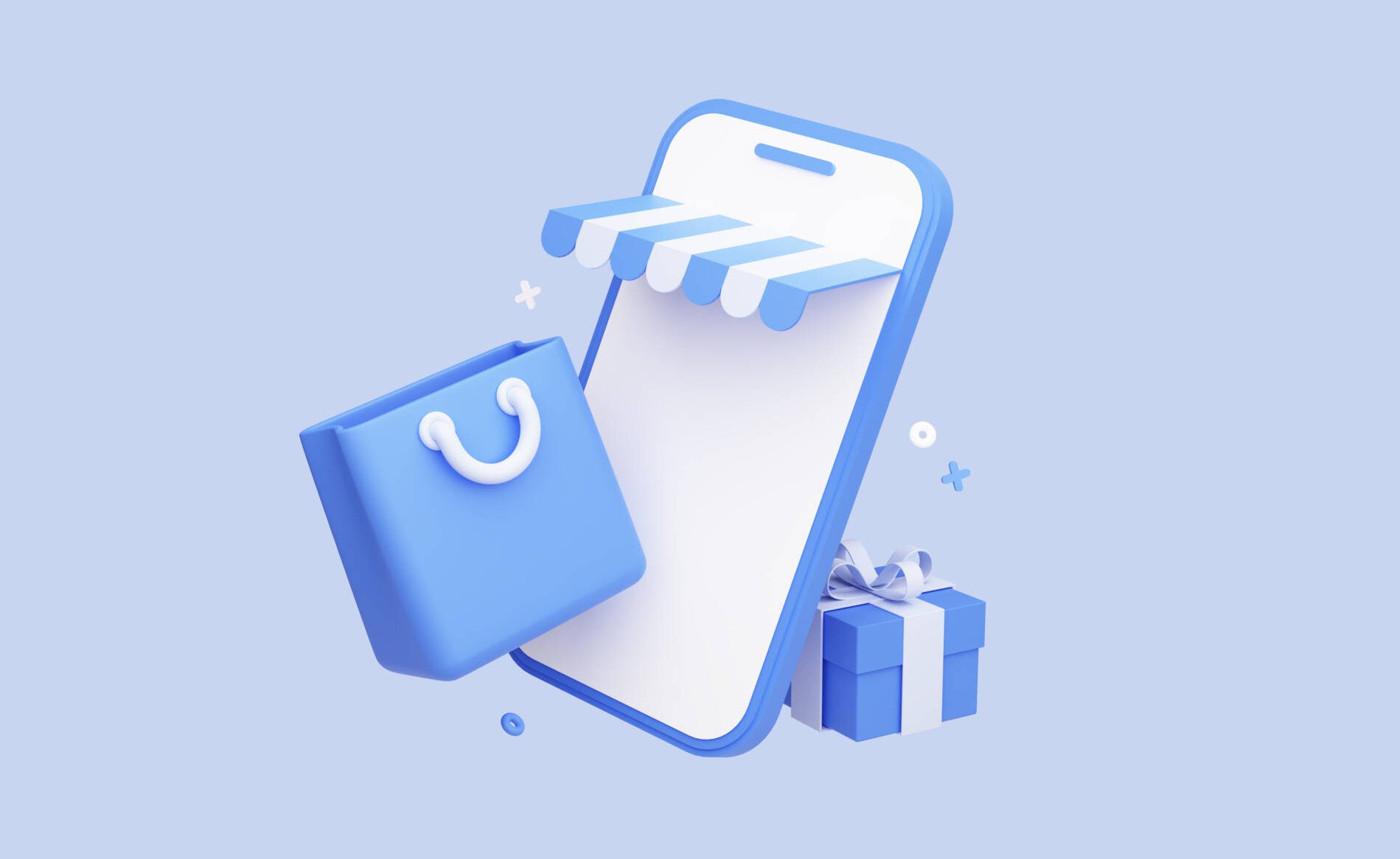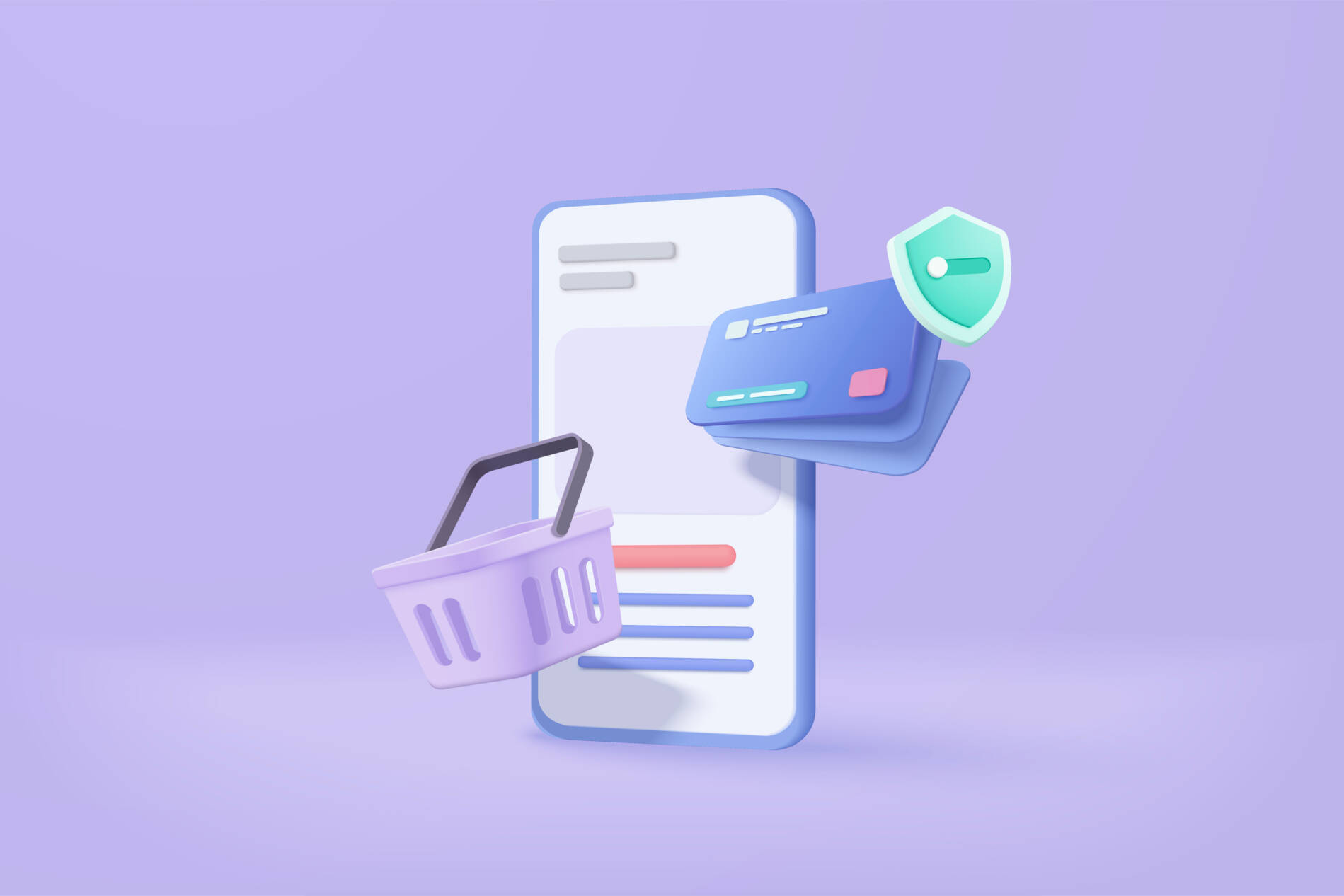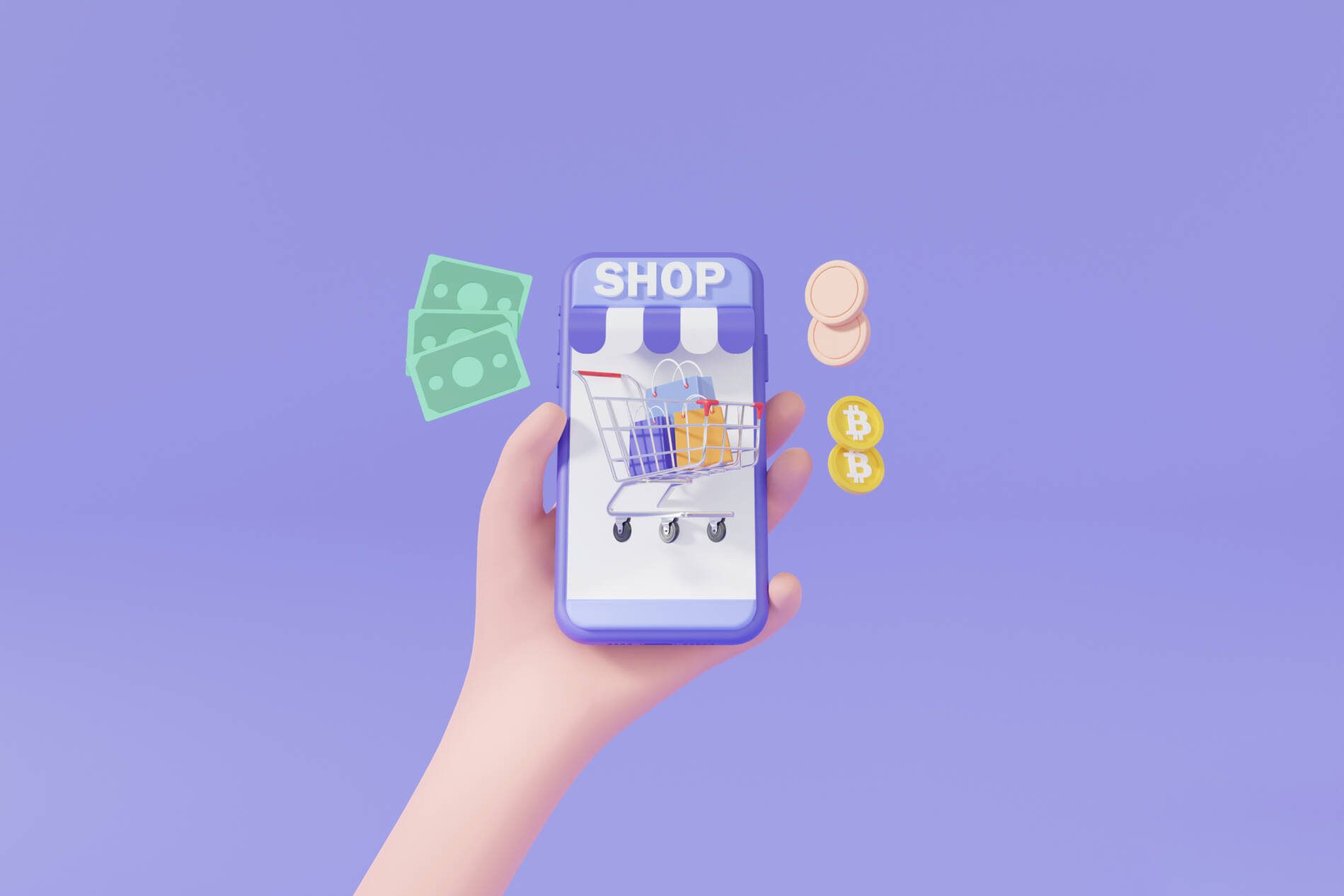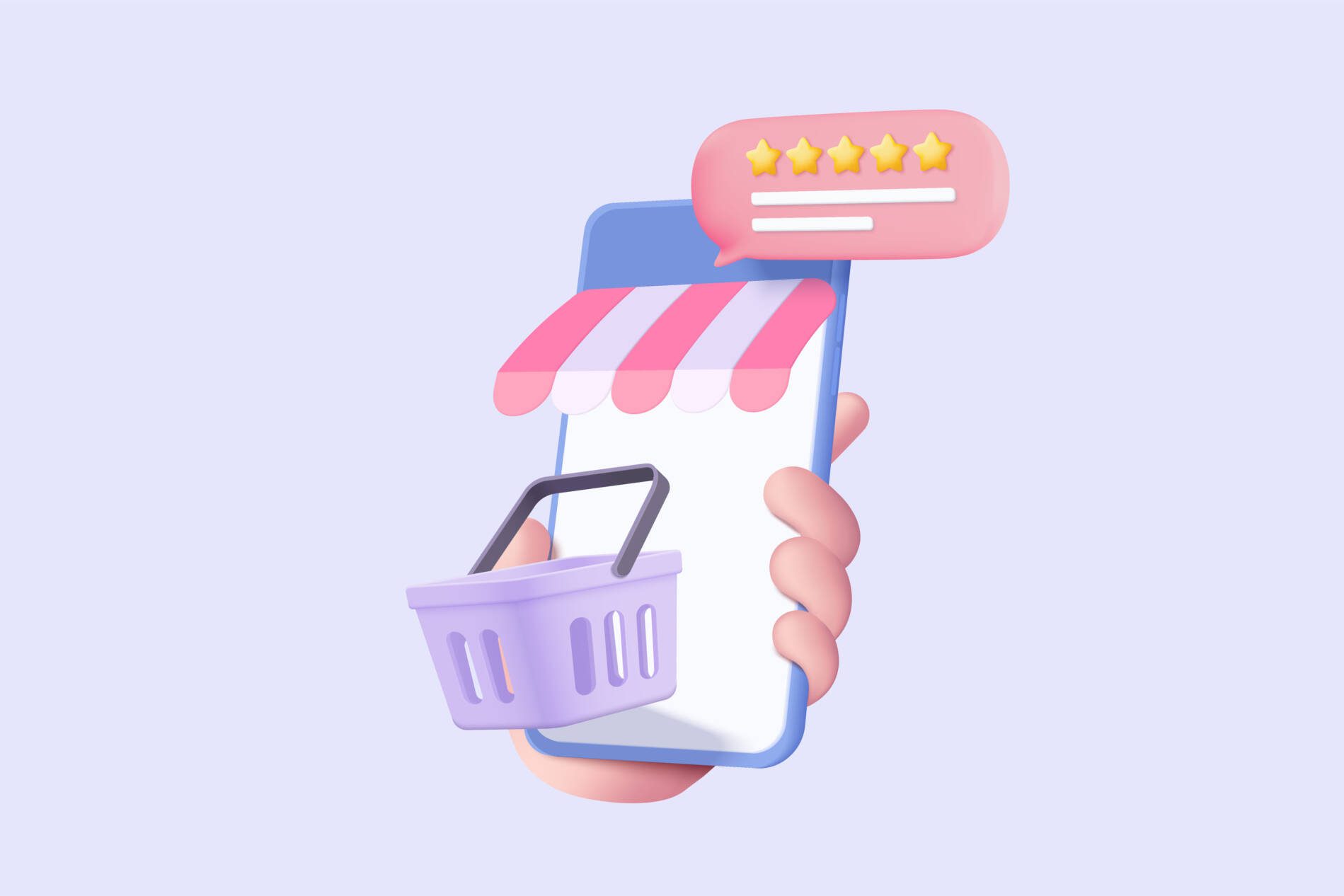A guide on eCommerce; tools to elevate your brand…
The eCommerce sector is highly competitive, meaning you need to utilise as many different tools as you can to ensure you’re really standing out amongst the crowd. Today we’ll run through a variety of different tools that every eCommerce brand should be using to ensure you have a higher chance at succeeding. Let’s dive in…
Breathtaking design for home living.
A guide on eCommerce; tools to elevate your brand…
The eCommerce sector is highly competitive, meaning you need to utilise as many different tools as you can to ensure you’re really standing out amongst the crowd. Today we’ll run through a variety of different tools that every eCommerce brand should be using to ensure you have a higher chance at succeeding. Let’s dive in…
Nam aliquet ante porta, gravida elit interdum, luctus porta sapien justo, at fringilla felis suscipit vestibulum.

- Your eCommerce Platform
As an eCommerce seller, the first tool you’re going to need is an eCommerce platform to set your store up on. With the eCommerce industry being as large as it is, there are plenty of platforms out there, each having their own advantages and disadvantages. Lets take a look at some examples of the most popular platforms for eCommerce stores…
eCommerce platform examples…
Most popular eCommerce platforms include, but are not limited to;
Of course, there are many other different options out there, but these are some of the most used.


Popular eCommerce market places…
There are also a large variety of eCommerce market places, with the following being some of the most used;
Need help with fulfilment? We integrate with over 150 of the most popular eCommerce platforms, market places, and APIs…
2. Your Content Management System
In a world immersed by social media, content for your brand and products is essential. There are different types of content that can be used to reach a wider audience, which may include things such as; text, videos, images, and more. Some platforms and market places already offer CMS functionality within the platform, while other platforms may require you to rely on the use of third party apps or plugins to manage your content.


3. Payment Methods…
Another tool that your eCommerce store will require is a payment gateway.
Tip! The more payment methods you have, the more likely you are to increase your conversion rate due to the flexibility, but at the very least you do require at least one payment method.
Some of the most used payment gateways include;
More and more retailers and eCommerce brands are also now offering BNPL (Buy Now Pay Later) options such as Klarna and Clear Pay, which offers more flexibility to customers.
4. Shopping Cart Tools
Having shopping cart tools on your site or storefront can help to enhance your customers experience when they are shopping with you.
It is essential that you have some shopping cart tools for the purpose of security and conversion, but they can also provide further benefits, such as the ability to offer discounts and to help personalise the overall check out experience.


5. Choosing your customer relationship management tool
A CRMS (Customer Relationship Management System) is essential when it comes to running an eCommerce store. The better relationship you have with your customers, the more likely you are to increase your customer base, build customer loyalty, and increase customer retention.
Some CRMS tools include;
Of course there are plenty of other CMR systems out there, but these are some of the most popular
6. Marketing
Marketing is essential for any business, regardless of the sector or industry. However, marketing is especially essential when it comes to running an eCommerce business. Its how you reach a wider audience and stand out amongst the crowd in an industry that is highly dense and competitive.
Utilising a range of marketing tools will help to ensure that you are reaching a wider audience, and will help you with showcasing your wonderful products to the world.
There is no ‘right way’ when it comes to your digital marketing strategy, every business is different and has a unique set of needs when it comes to the marketing strategy. However, there are a range of universally helpful tools, which we will explore now.


7. Organic Search Tools; Exploring SEO
Organic Search refers to the traffic that comes to your website or store front via search engines such as Google or Bing.
SEO is an essential tool when it comes to the marketing of your brand, and can be used to optimise your website to help increase your rankings on search engines. Organic traffic is then generated when a user clicks on your site directly from the search engine. Marketers use SEO tools to help track traffic, conduct keyword research, conduct website audits, and explore/generate content ideas. SEO tools can also help you monitor the analytics of your competitors, allowing you to look at their traffic, key words, top performing pages, and more.
Some SEO tools include;
8. SEO; Paid Search Tools for Ads
Paid search refers to the traffic you receive from users directly clicking on your ads in search engines, such as Google or Bing. Paid ads will come up as ‘sponsored’ websites on Google, and will appear at the very top of the search page.
You can also run ads on social media, through platforms such as TikTok, Instagram and Facebook, or through market places, such as Etsy and eBay.
For search engine ads, you will need a Google Ads account, or a Microsoft Advertising account if you are using Bing. Paid ads are good as they keep you at the top of the search results. Though, it is worth noting that certain keywords have a higher ‘price’ and will cost more each time someone clicks on your ad directly from Google or Bing.


9. Email Marketing
Email marketing is another tool universally used by businesses from a variety of different industries.
Email marketing offers you the chance to provide customers with exclusive or personalised discounts, stock replenishment updates, new product launches, and more. The email marketing world is your oyster. Some of the customer relationship management systems mentioned previously do already have email marketing tools built in, but here are some more examples of tools you can use;
10. Social Media Marketing
The most common type of social media marketing tools are ones that can be used for the purpose of post scheduling, or tracking your analytics.
Here are some tools that can be used for social media marketing;


11. Social Media Marketing; content creation tools
Content creation is an extremely important aspect of your eCommerce brand. A good content creation strategy can help you;
- Reach a wider audience
- Build brand loyalty
- Increase brand visibility
Some ideas for content creation include;
- Videos and Images – for website or social media purposes. Can include anything from general pictures and videos showcasing your products, to BTS content
- Text content – for websites, this could include things like blogs, product listing descriptions, etc
- Audio
There are plenty of tools that can help you with creating the content from scratch, or jazzing up any content you already have, some of these tools include;
12. Tracking Performance; Analytics Tools
Tracking performance is essential when it comes to understanding what strategies are and aren’t working for your brand. Not only this, but they also provide insight about your customers behaviours, allowing you to gain insight into how they are finding your website, what pages they are looking at the most, what days and times you receive the most traffic, and much more.
The most popular and most used analytics tool is Google Analytics due to its easy set up, reporting capabilities and overall user-friendliness. Google Analytics can provide insights on traffic, bounce rates, top performing pages, top converting pages, and more.
For some other GA alternatives, click here


Inventory Management Tools
Getting your inventory management strategy is absolutely essential when it comes to running and managing your eCommerce business. Without a proper strategy, you risk facing a number of different (sometimes costly) issues.
While there is no right or wrong way to manage your inventory, it all comes down to finding a system and process that works for your business specifically. The overall goal is to ensure you always have enough stock to meet demand, without the risk of stock-outs or overstocking. Inventory management tools can also provide insight into your product performance, highlighting what products are doing well and what products are slow moving, allowing you to make more informed decisions about your business.
However, alot of eCommerce businesses tend to struggle when it comes to getting their strategy right, which is why some eCommerce brands decide to outsource their fulfilment.
How TSP Fulfilment can help…
Managing your eCommerce business alone can be challenging since there are so many different areas that you need to look after.
Outsourcing your fulfilment takes a huge chunk off your plate, allowing you to focus on other areas, as well as improving your overall operations.
Some of the most common reasons for outsourcing is due to high costs, an inability to keep up with demand, slow shipping times, and poor order accuracy, and poor inventory management.
TSP can help with all of this thanks to over 20 years of industry experience, and an expertise in B2B, B2C, and Amazon Fulfilment. You handle the marketing and product production, while we handle all the behind the scenes work.

Our Fulfilment Shipping Prices Start From Only £2.91
1. Your eCommerce platform
As an eCommerce seller, the first tool you’re going to need is an eCommerce platform to set your store up on. With the eCommerce industry being as large as it is, there are plenty of platforms out there, each having their own advantages and disadvantages. Lets take a look at some examples of the most popular platforms for eCommerce stores…

Our Fulfilment Shipping Prices Start From Only £2.91
eCommerce platform examples
Most popular eCommerce platforms include, but are not limited to;
Of course, there are many other different options out there, but these are some of the most used.

Our Fulfilment Shipping Prices Start From Only £2.91
Popular eCommerce marketplaces
There are also a large variety of eCommerce market places, with the following being some of the most used;
Need help with fulfilment? We integrate with over 150 of the most popular eCommerce platforms, market places, and APIs…

Our Fulfilment Shipping Prices Start From Only £2.91
2. Your content management system
In a world immersed by social media, content for your brand and products is essential. There are different types of content that can be used to reach a wider audience, which may include things such as; text, videos, images, and more. Some platforms and market places already offer CMS functionality within the platform, while other platforms may require you to rely on the use of third party apps or plugins to manage your content.

Our Fulfilment Shipping Prices Start From Only £2.91
3. Payment Methods
Another tool that your eCommerce store will require is a payment gateway.
Tip! The more payment methods you have, the more likely you are to increase your conversion rate due to the flexibility, but at the very least you do require at least one payment method.
Some of the most used payment gateways include;
More and more retailers and eCommerce brands are also now offering BNPL (Buy Now Pay Later) options such as Klarna and Clear Pay, which offers more flexibility to customers.

Our Fulfilment Shipping Prices Start From Only £2.91
4. Shopping Cart Tools
Having shopping cart tools on your site or storefront can help to enhance your customers experience when they are shopping with you.
It is essential that you have some shopping cart tools for the purpose of security and conversion, but they can also provide further benefits, such as the ability to offer discounts and to help personalise the overall check out experience.

Our Fulfilment Shipping Prices Start From Only £2.91
5. Choosing your customer relationship management tool
A CRMS (Customer Relationship Management System) is essential when it comes to running an eCommerce store. The better relationship you have with your customers, the more likely you are to increase your customer base, build customer loyalty, and increase customer retention.
Some CRMS tools include;
Of course there are plenty of other CMR systems out there, but these are some of the most popular

Our Fulfilment Shipping Prices Start From Only £2.91
6. Marketing
Marketing is essential for any business, regardless of the sector or industry. However, marketing is especially essential when it comes to running an eCommerce business. Its how you reach a wider audience and stand out amongst the crowd in an industry that is highly dense and competitive.
Utilising a range of marketing tools will help to ensure that you are reaching a wider audience, and will help you with showcasing your wonderful products to the world.
There is no ‘right way’ when it comes to your digital marketing strategy, every business is different and has a unique set of needs when it comes to the marketing strategy. However, there are a range of universally helpful tools, which we will explore now.

Our Fulfilment Shipping Prices Start From Only £2.91
7. Organic Search Tools; Exploring SEO
Organic Search refers to the traffic that comes to your website or store front via search engines such as Google or Bing.
SEO is an essential tool when it comes to the marketing of your brand, and can be used to optimise your website to help increase your rankings on search engines. Organic traffic is then generated when a user clicks on your site directly from the search engine. Marketers use SEO tools to help track traffic, conduct keyword research, conduct website audits, and explore/generate content ideas. SEO tools can also help you monitor the analytics of your competitors, allowing you to look at their traffic, key words, top performing pages, and more.
Some SEO tools include;

Our Fulfilment Shipping Prices Start From Only £2.91
8. SEO; Paid Search Tools For SEO
Paid search refers to the traffic you receive from users directly clicking on your ads in search engines, such as Google or Bing. Paid ads will come up as ‘sponsored’ websites on Google, and will appear at the very top of the search page.
You can also run ads on social media, through platforms such as TikTok, Instagram and Facebook, or through market places, such as Etsy and eBay.
For search engine ads, you will need a Google Ads account, or a Microsoft Advertising account if you are using Bing. Paid ads are good as they keep you at the top of the search results. Though, it is worth noting that certain keywords have a higher ‘price’ and will cost more each time someone clicks on your ad directly from Google or Bing.

Our Fulfilment Shipping Prices Start From Only £2.91
9. Email Marketing
Email marketing is another tool universally used by businesses from a variety of different industries.
Email marketing offers you the chance to provide customers with exclusive or personalised discounts, stock replenishment updates, new product launches, and more. The email marketing world is your oyster. Some of the customer relationship management systems mentioned previously do already have email marketing tools built in, but here are some more examples of tools you can use;

Our Fulfilment Shipping Prices Start From Only £2.91
10. Social Media Marketing
The most common type of social media marketing tools are ones that can be used for the purpose of post scheduling, or tracking your analytics.
Here are some tools that can be used for social media marketing;

Our Fulfilment Shipping Prices Start From Only £2.91
11. Social Media Marketing; Content Creation Tools
Content creation is an extremely important aspect of your eCommerce brand. A good content creation strategy can help you;
- Reach a wider audience
- Build brand loyalty
- Increase brand visibility
Some ideas for content creation include;
- Videos and Images – for website or social media purposes. Can include anything from general pictures and videos showcasing your products, to BTS content
- Text content – for websites, this could include things like blogs, product listing descriptions, etc
- Audio
There are plenty of tools that can help you with creating the content from scratch, or jazzing up any content you already have, some of these tools include;

Our Fulfilment Shipping Prices Start From Only £2.91
12. Tracking Performance; Analytics Tools
Tracking performance is essential when it comes to understanding what strategies are and aren’t working for your brand. Not only this, but they also provide insight about your customers behaviours, allowing you to gain insight into how they are finding your website, what pages they are looking at the most, what days and times you receive the most traffic, and much more.
The most popular and most used analytics tool is Google Analytics due to its easy set up, reporting capabilities and overall user-friendliness. Google Analytics can provide insights on traffic, bounce rates, top performing pages, top converting pages, and more.
For some other GA alternatives, click here

Our Fulfilment Shipping Prices Start From Only £2.91
13. Inventory Management Tools
Getting your inventory management strategy is absolutely essential when it comes to running and managing your eCommerce business. Without a proper strategy, you risk facing a number of different (sometimes costly) issues.
While there is no right or wrong way to manage your inventory, it all comes down to finding a system and process that works for your business specifically. The overall goal is to ensure you always have enough stock to meet demand, without the risk of stock-outs or overstocking. Inventory management tools can also provide insight into your product performance, highlighting what products are doing well and what products are slow moving, allowing you to make more informed decisions about your business.
However, alot of eCommerce businesses tend to struggle when it comes to getting their strategy right, which is why some eCommerce brands decide to outsource their fulfilment.

Our Fulfilment Shipping Prices Start From Only £2.91
How TSP can help
Managing your eCommerce business alone can be challenging since there are so many different areas that you need to look after.
Outsourcing your fulfilment takes a huge chunk off your plate, allowing you to focus on other areas, as well as improving your overall operations.
Some of the most common reasons for outsourcing is due to high costs, an inability to keep up with demand, slow shipping times, and poor order accuracy, and poor inventory management.
TSP can help with all of this thanks to over 20 years of industry experience, and an expertise in B2B, B2C, and Amazon Fulfilment. You handle the marketing and product production, while we handle all the behind the scenes work.



